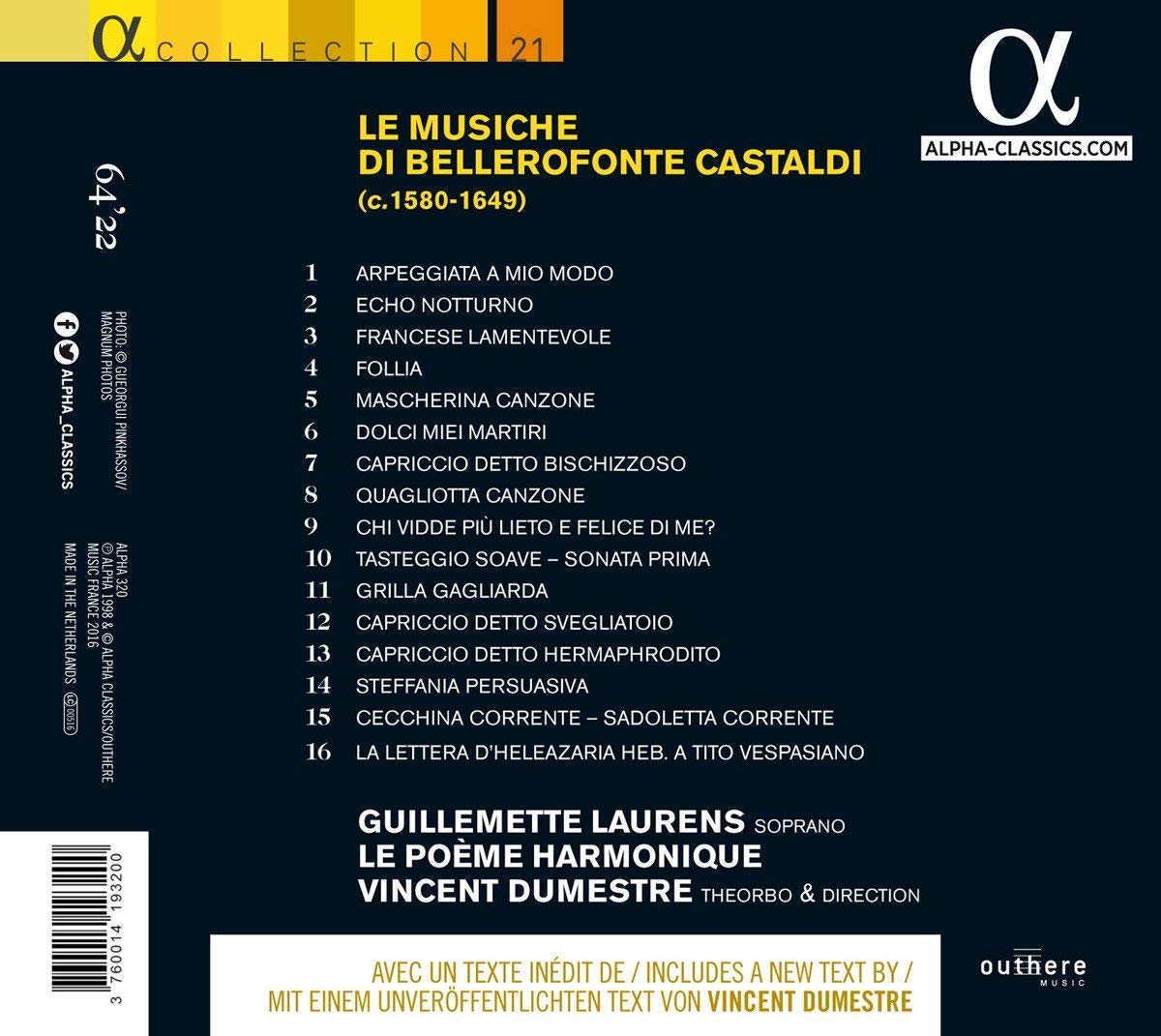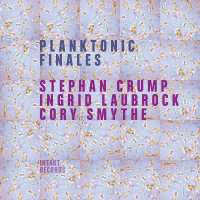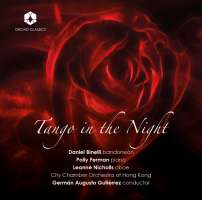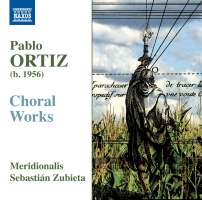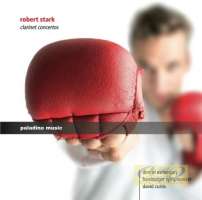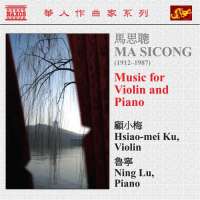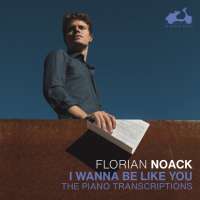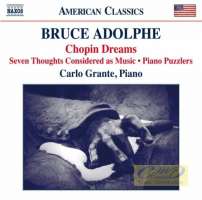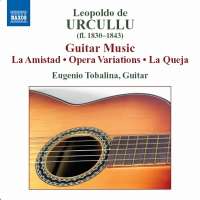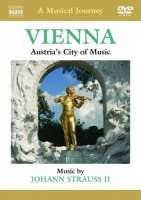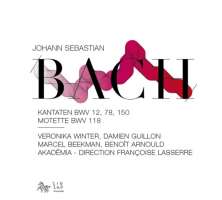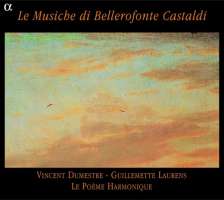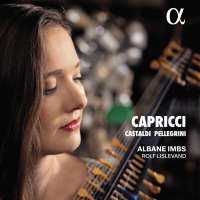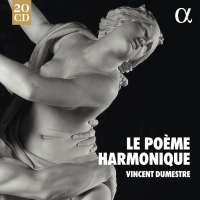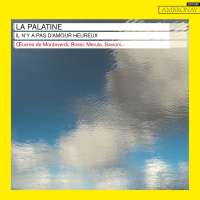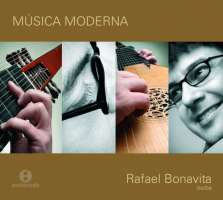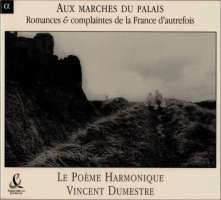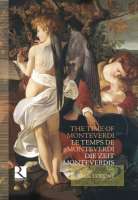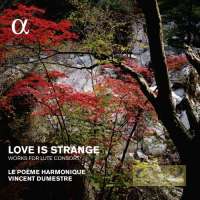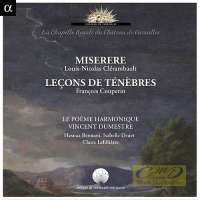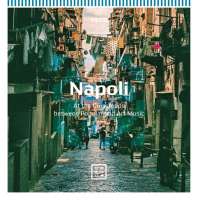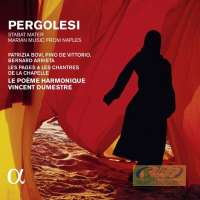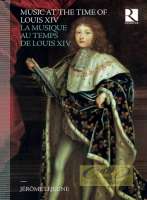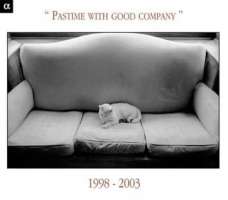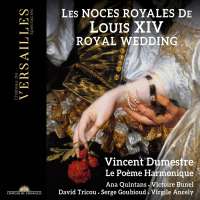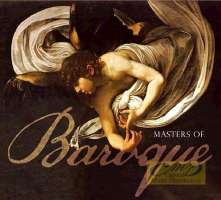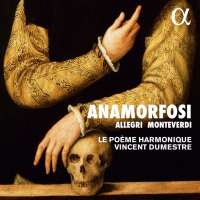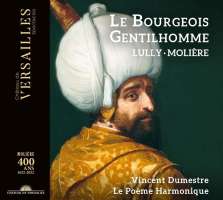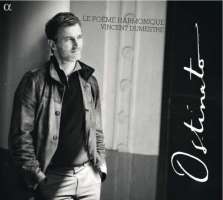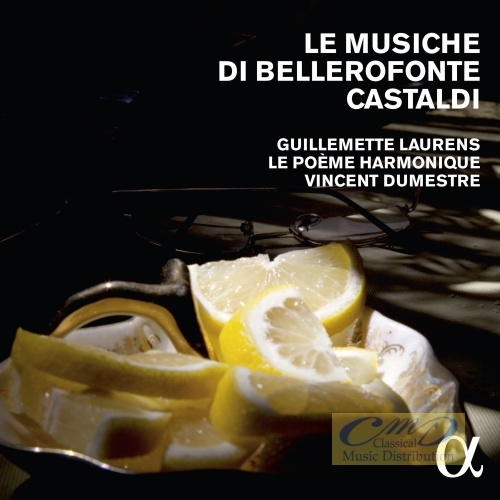
kompozytor
Castaldi, Bellerofonte
tytuł
Le musiche di Bellerofonte Castaldi
wykonawcy
Le Poème Harmonique;
Dumestre, Vincent;
Laurens, Guillemette
Dumestre, Vincent;
Laurens, Guillemette
nr katalogowy
Alpha 320
opis
Vincent Dumestre : "This 1998 recording has a special place, since it was the first disc of Le Poème Harmonique, which I had just founded, and the first release in the Alpha catalogue. With a newly created ensemble, at the moment of the first recording, you try above all to get together as often as possible so that the interpretation of the works can mature. You’re happy to see things taking shape day by day. The fact that everyone still remembers this recording, that it has become emblematic of our approach and part of the identity of Alpha is, let’s say, a reward after the fact, a comforting demonstration that we really did have something to offer. But, at the time, what counted most was to make this music speak thanks to the experience we had acquired, and to share it with others. I’m happy that the disc continues to fulfil our hopes for it and still has a place in the hearts of those who follow what we do, now that our adventures have led us to so many other composers in the meantime. Our work today, eighteen years later, remains fundamentally the same: to discover and introduce the public to so-called minor repertories – Belli, Tessier, the air de cour, music of oral tradition – which in fact hold the keys to styles that, out of facility, are reduced to just a few names and composers. Is it possible to understand Venetian musical life of the seventeenth century if you only listen to Monteverdi and Cavalli, with L‘incoronazione di Poppea and Giasone as your only milestones, without knowing the rest of the route? I continue to find illumination in the arts which, in the Baroque period, accompanied music in its everyday life. When we produced Le Bourgeois Gentilhomme and Cadmus et Hermione, we were able to take advantage of the collaboration of actors, dancers and acrobats who shared in our work; and we were equally able to make use of the reflexes we had acquired in the practice of folksongs and the air de cour. We also have to bear in mind the way these works were received when they were first performed: that doesn’t suffice to make audiences appreciate them today, and we need to reconstruct that fundamental dialogue between the work and the public. This makes it possible to reactivate certain mechanisms, which means the work becomes contemporary again."
nośnik
CD
gatunek
Muzyka klasyczna
producent
Alpha
data wydania
22-09-2016
EAN / kod kreskowy
3760014193200
Produkt nagrodzony:
Classica: 'Choc de Classica' (2016)
Classica: 'Choc de l'année' (2016)

(Produkt nie został jeszcze oceniony)
cena 42,00 zł
lubProdukt dostepny w niewielkiej ilości.
Wysyłka w ciągu 3 dni roboczych
Darmowa wysyłka dla zamówień powyżej 300 zł!
Darmowy kurier dla zamówień powyżej 500 zł!
sprawdź koszty wysyłki